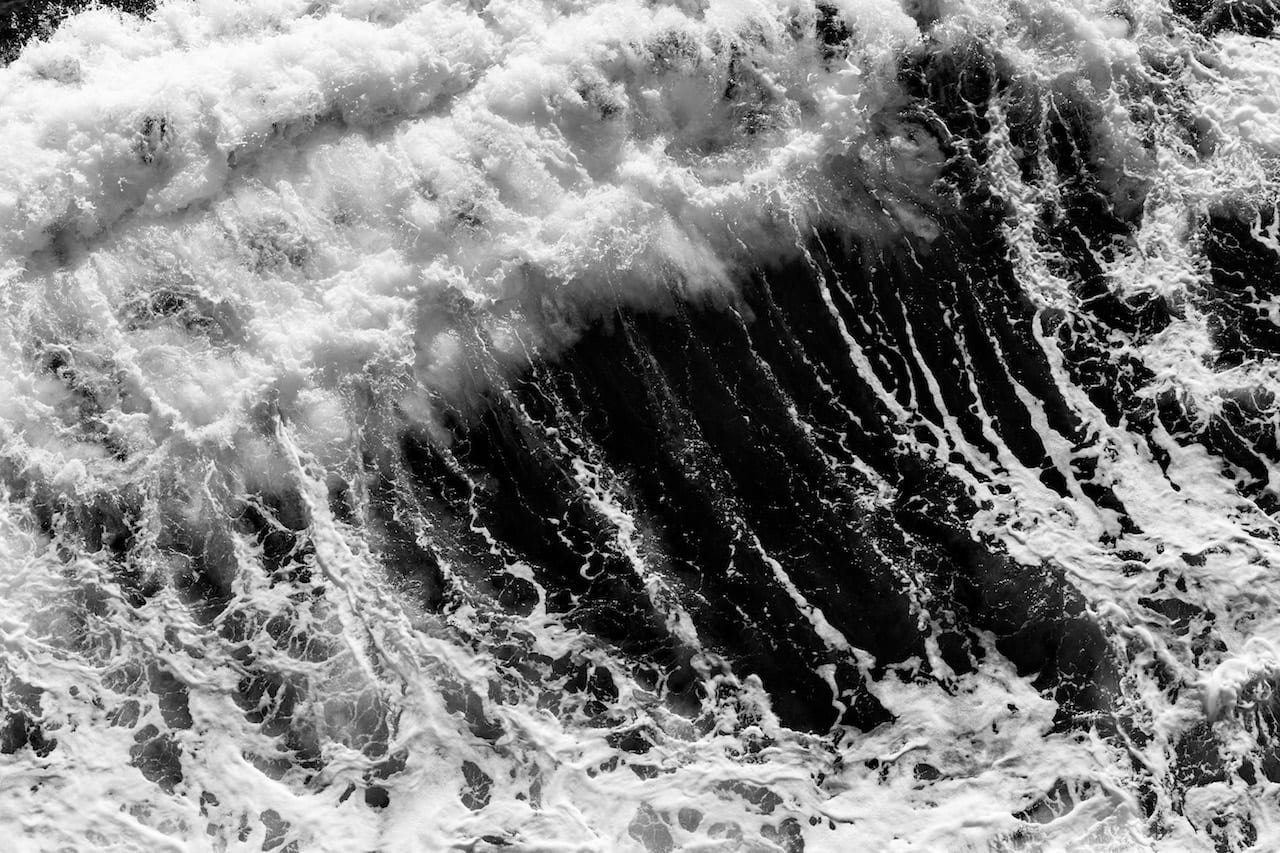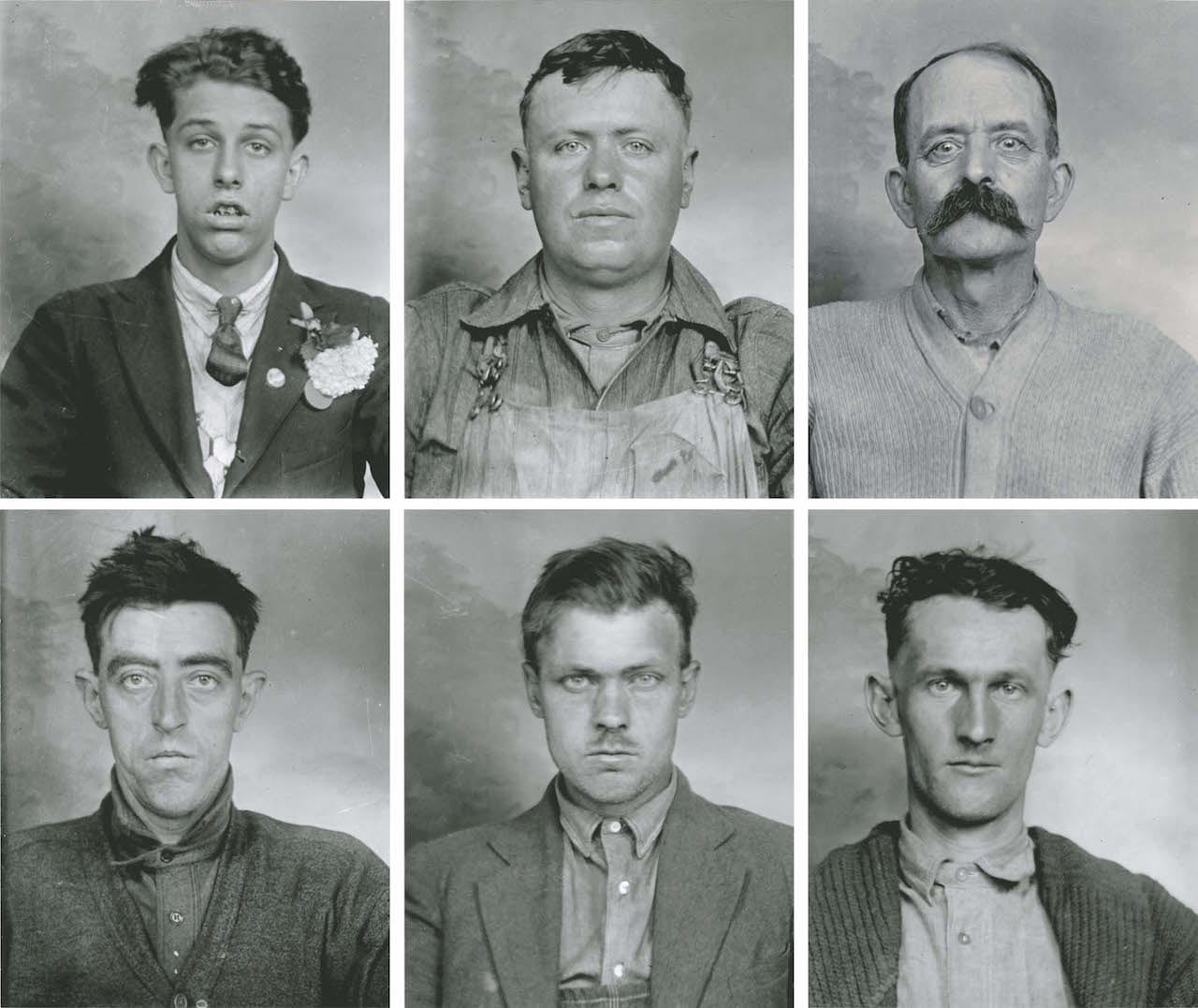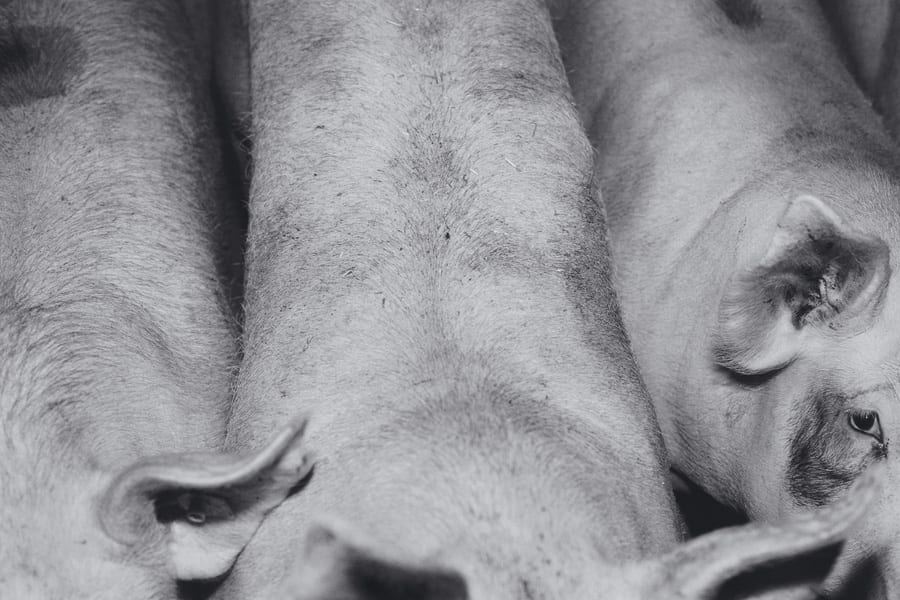In 2016, Natascha Libbert was commissioned to photograph the sea locks of IJmuiden – large constructions which allow ships and boats access to the Dutch port, and which are therefore of tremendous importance to the economy of the Netherlands, and in particular the port of Amsterdam further downriver. But while they’re important, they’re not necessarily exciting photographic subjects, and some of what makes them significant is hard to pin down visually – as is shown by the phrases and thoughts that the Dutch photographer jotted down in her notebook while working on the project, such as “man-made landscape”, “90 per cent of all trade is transported by sea”, and “at sea, the brain receives 85 per cent less information than on land”.



